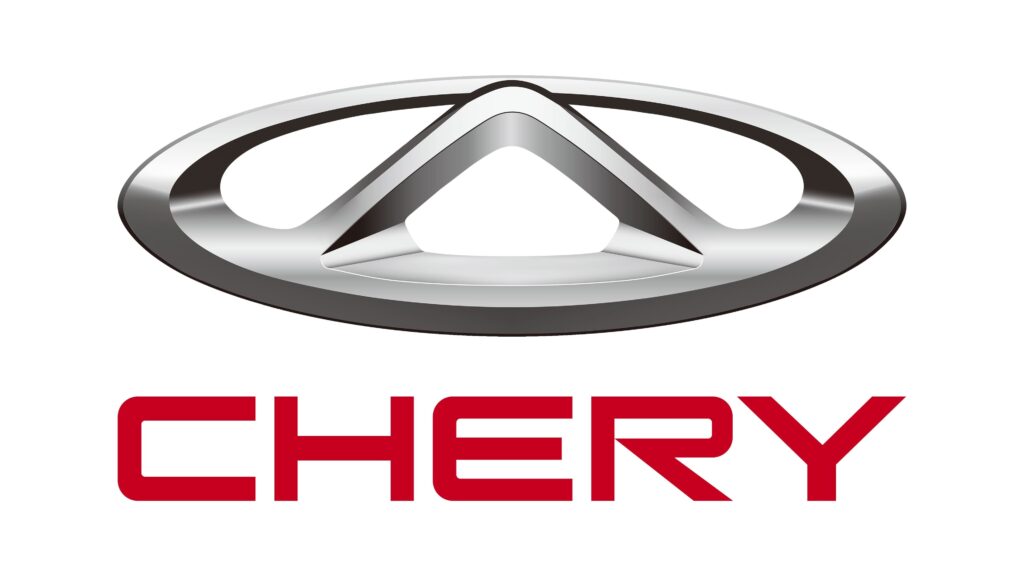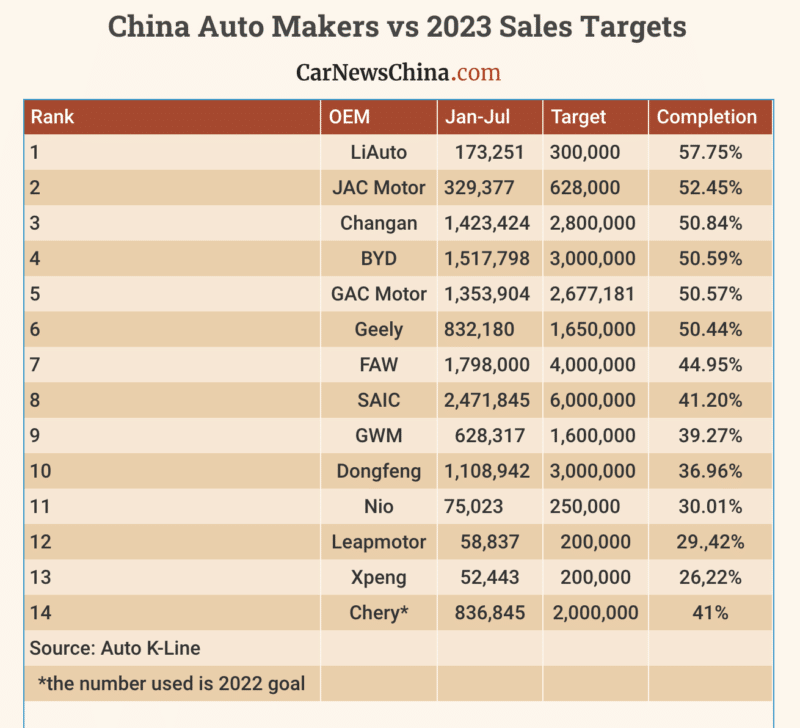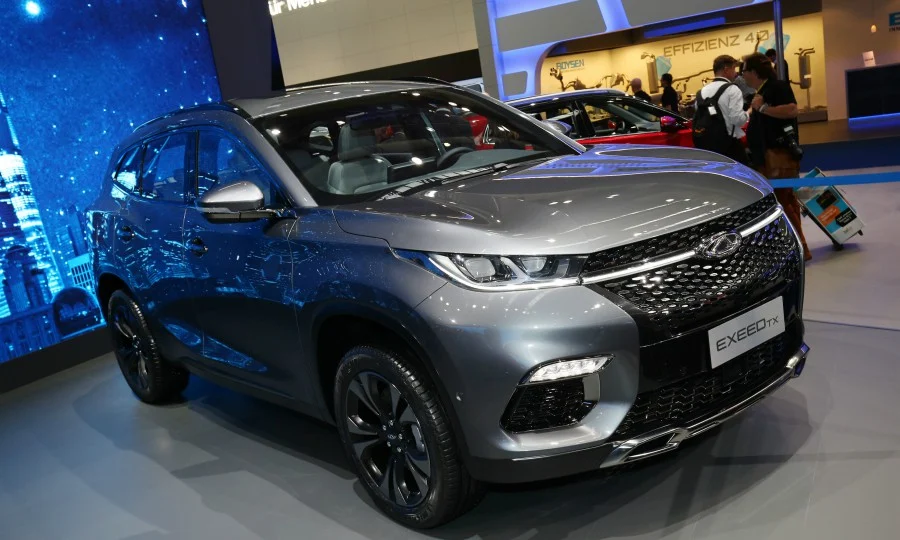One of the biggest automotive corporations in China, Chery, is considering the construction of production facilities in the UK and continental Europe, a daring step that highlights the country’s growing importance in the global automotive sector. This is a part of their bold ambition to introduce three SUV brands to the European market by the end of 2025, aiming to leave a lasting impression on the fiercely competitive European car industry.

Chery’s Invasion of Europe
Chery’s Approach to Strategy
Victor Zhang, the CEO of Chery UK, disclosed that the company is targeting the UK market with the goal of following in the footsteps of Hyundai and Kia, who went from being relative unknowns to controlling almost 10% of the country’s auto sales. The Omoda 5 will go on sale in Spain this year, and the business intends to initiate an aggressive market penetration strategy by launching it in the UK in March 2024.
Potential Plant in the United Kingdom
Brexit Considerations
Chery isn’t letting the uncertainty surrounding Brexit stop them; they’re thinking of building not one, but two European factories. The UK plant would be dedicated to producing automobiles with right-hand drive, with the intention of exporting to right-hand drive markets like as Australia and South Africa in addition to serving the British market.
Market Size Matters
Zhang pointed out that the UK market’s enormous size—it requires two million new automobiles annually—justifies the idea of building a dedicated facility. This choice is in line with Chery’s long-term goal of taking a major role in the European auto industry.
Also Read: Porsche Taycan Dominates as a Fearless Tesla Rival in the Thrilling Era of Supercars #1
Increasing the UK Automotive Industry
Post-Honda Era
Cery’s possible dedication to full-scale manufacture in the UK may provide the sector the much-needed boost it needs. A gap was created by Honda’s Swindon plant shutdown in 2022, which was partially caused by Brexit, and Chery looks ready to fill it. The industry as well as the UK economy at large may benefit from this decision.
Electric concentration
Chery makes reference to concentrating on electric vehicles at its UK plant, even though the specifics are still being discussed. With key manufacturers like BMW, JLR, Nissan, and Stellantis committing to new electric cars, this is in line with the overall industry trend.

Rivals of Chery and Market Trends
Geely’s Trace
Geely, Chery’s Chinese competitor, has already established a strong presence in the UK market through its ownership of LEVC, a company known for its distinctive black cabs, and stakes in sports car manufacturer Lotus. This creates an intriguing dynamic between the two main Chinese companies operating in the European car market.

Sales Volume Targets
Chery would need to reach sales numbers equivalent to Kia’s 5% UK market share in order to justify building a facility. As it attempts to carve out its piece of the fiercely competitive industry, this poses both a difficulty and an opportunity for the Chinese manufacturer.
Path Ahead for Export Prospects for Chery
Export Opportunities
In addition to serving the regional market, Chery hopes to use its UK facility as a hub for exports to destinations including South Africa, Australia, and New Zealand. This global perspective fits in with the larger pattern of automakers reaching beyond from local borders.
Talks with UK Authorities
Victor Zhang, Chery’s UK manager, verified that talks had started, however they are still in the preliminary phases. This cooperative strategy suggests a calculated attempt to comply with regional laws and get official backing for their production goals.

The Chery Effect in Brand Strategy and Pricing
Competitive Pricing Strategy
Chery wants to place its cars in the market competitively, keeping their prices quite similar to those of Hyundai and Kia models. Zhang highlights the importance of focusing on providing high-quality items and developing a strong brand rather than depending exclusively on prices as a competitive advantage, dispelling early concerns of a pricing war.
Product Range Diversity
To meet the varying tastes of European consumers, Chery plans to provide a wide variety of powertrains, including electric, petrol, and hybrid vehicles. The company’s ability to adjust to changing market needs is facilitated by its strategic flexibility.

Conclusion
The possible construction of production facilities in the UK and mainland Europe marks a significant turning point for Chery as it enters the European market. If this project is successful, Chery’s worldwide presence may be redefined, and it might also have a big impact on the UK car industry after Brexit. With negotiations with UK authorities continuing, the car sector is looking forward to Chery’s contribution to determining the direction of mobility in the European market.
Disclaimer: The details provided in this article are based on available sources and may not be 100% accurate.

